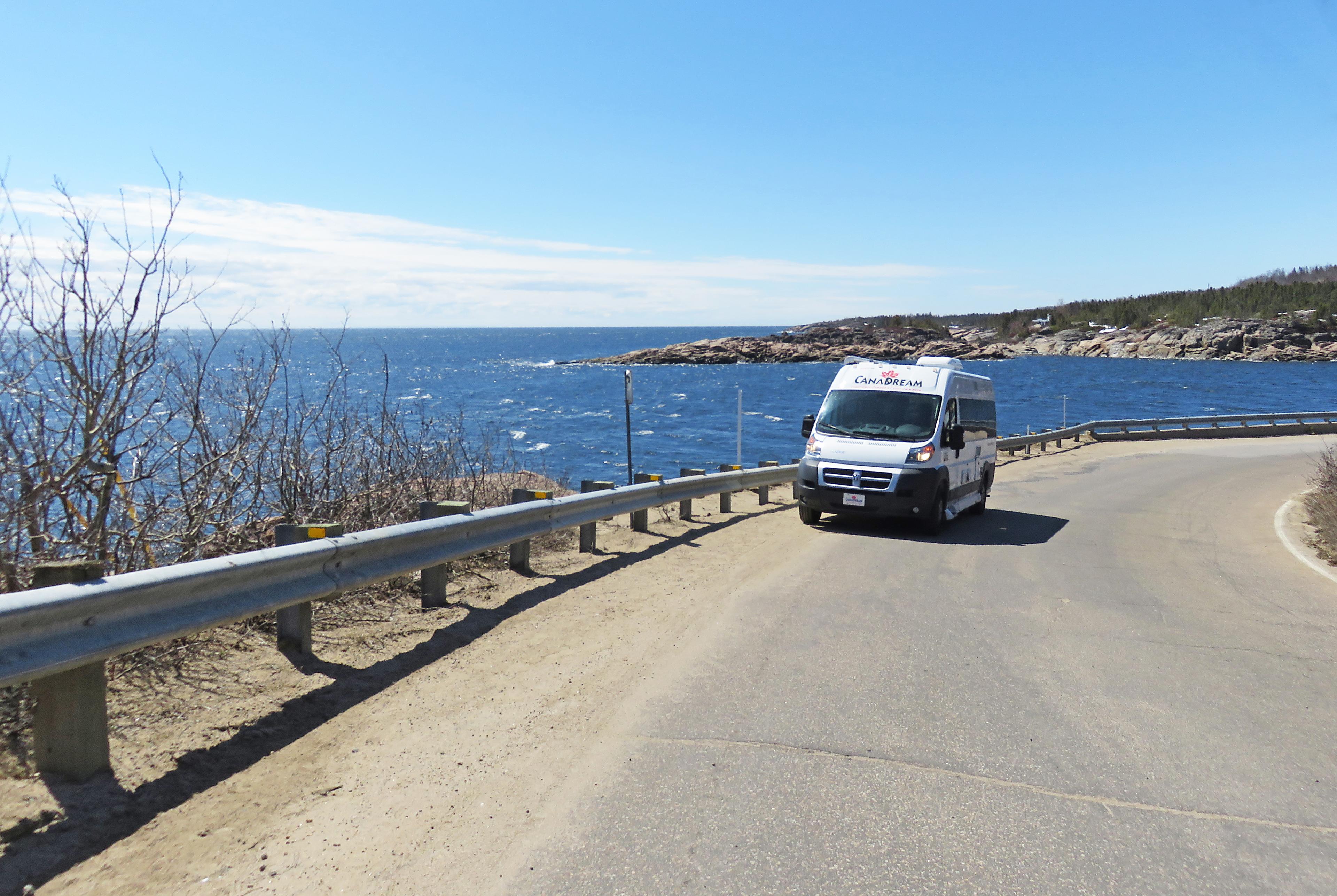The RV is having a renaissance. With border crossings and international travel thwarted by the pandemic, many travelers are seeking to hit the open road and drive themselves to their dream destinations. It’s super easy to physically distance when you’re traveling in your own little pod and there are more options than you may think, in terms of size and amenities. Choose a massive motorhome (Class C RV) with all the perks, or a camper van (Class B), or consider investing in your own camper trailer. Here are the best tips for preparing for that RV trip - because you know you want to!
Pack More
Yes, you heard us right. Forget “pack light.” You can, in fact, bring more - much more - when you’re traveling by RV. The manufacturers of these big rigs have added plenty of hidden storage space, so go ahead, pack up the paddleboard or kayak, your favorite board games, dishes you can’t cook without. Don’t bank on amenities at campgrounds - instead, bring your own chairs, maybe even an extra foldable outdoor dining table.
Take Your Time (Re)Learning to Drive
Put yourself back in your high school driver’s ed class, only this time you’re driving a 30-foot motorhome. Remember you’ll need more time to slow down, your turns will be much wider and you’ll have to really think about those overpasses to make sure your RV will fit underneath. Ask your RV dealer or rental company for tips or the opportunity to “test drive” the RV in a parking lot before taking it out into traffic.
Plan Ahead
It might be tempting to say, “Let’s just hit the road and see what happens,” but you’ll have a much more fulfilling (and less stressful) vacation if you do some pre-planning. If you’re headed to popular vacation spots - say Yellowstone National Park or Banff National Park - book as far ahead as possible.
In your planning, think about what type of RV best suits your group. When you are driving and when you pull into the campground, you’ll want to be able to comfortably move about and relax. Look for plug-ins for electronics and consider sleeping arrangements.
Plan out activities you want to do in certain destinations (whale watching tours or a glacier walk, say), as well as meals. Since you have a fridge and freezer on board, it’s easy to make meals before you leave and store them for reheating and eating at the campground.
Keep Your Distances Manageable
RVs don’t move along (nor should they) as fast as your everyday vehicle. You’re not going to hit the top speed limit on the highway, so tamp down your expectations of long days on the road. Spend a couple nights in one place and enjoy the amenities and sightseeing, then slowly but surely make your way to your next destination. Plus, gas is expensive and you have a massive tank on that RV, so less mileage means less money on fuel overall.
Map Out the Scenic Routes
Stay off major highways as much as you can and enjoy the incredible scenic routes out there. If you can find off-the-beaten-path routes, even better, so as to avoid that post-pandemic tourist crush. Favourites include Forillon National Park at the tip of Quebec’s Gaspe Peninsula and the prairies of Alberta, Saskatchewan and Manitoba. Consider the Alaska Highway in northern British Columbia. Or, follow the St. Lawrence River north of Quebec City into whale-watching, wine-tasting and fishing land. There are plenty of campgrounds in all of these areas.
And why you might consider a pre-arranged itinerary with a reputable RV company?
The itinerary will avoid steep mountain passes - or at the very least, make sure your vehicle has enough power and brakes in good condition. (You’ll want to make sure you know how to use them.)
Your itineraries will keep you out of downtown’s - particularly when RVs are not allowed in city centres.
Your itinerary will not have you pass under low-hanging bridges. Nor will it have you go through tunnels - particularly when no RV traffic is allowed.
You can request itineraries than avoid toll roads as you’ll be charged by axel; or at least use toll roads as little as possible, if there is no other alternative.
Looking for somewhere to go? Consider these Riveting RV Trips in Canada. Then, get in touch and together we can make it happen. Start by subscribing to my weekly newsletter. You can hit reply to any one of my emails if you're interested in more information or want to start planning a trip.

